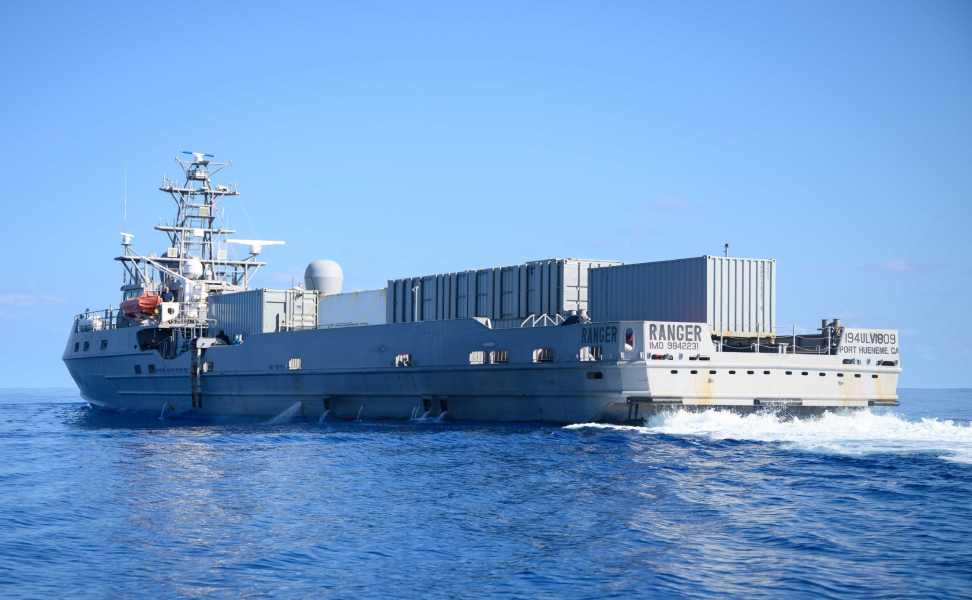Lotus299, Goldenexch, Msdexch: Implementing autonomous shipping technology is not without its hurdles. One major challenge faced by the maritime industry is the regulatory framework. As this technology is relatively new, there are still many gaps in regulations governing the use of unmanned vessels. Ensuring that these regulations are in place and are universally accepted is crucial for the successful integration of autonomous ships into the industry.
Another obstacle in the path of autonomous shipping technology is the issue of cybersecurity. With increased reliance on advanced technology and connectivity, autonomous vessels are vulnerable to cyber attacks. Ensuring the security of these systems against potential threats is a fundamental concern that must be addressed before widespread adoption can be realized.
• Lack of comprehensive regulatory framework
• Need for universal acceptance of regulations
• Cybersecurity vulnerabilities in autonomous vessels
• Potential cyber attacks on advanced technology systems
• Importance of addressing security concerns before widespread adoption
Advantages of Unmanned Vessels in the Maritime Industry
Autonomous shipping technology has the potential to revolutionize the maritime industry by enhancing operational efficiency and safety. Unmanned vessels eliminate the need for onboard crew members, reducing operational costs and risk of human errors. With advanced sensors and artificial intelligence, autonomous ships can navigate more precisely and predictively, leading to improved fuel efficiency and optimized route planning.
Moreover, unmanned vessels can operate continuously without the constraints of human fatigue or work-hour limitations. This 24/7 operational capability enables faster delivery times and increased productivity, making autonomous ships a valuable asset in the competitive maritime market. Additionally, the reduced onboard personnel results in greater space availability for cargo storage, maximizing the vessel’s transportation capacity.
Key Players and Innovations in Autonomous Shipping
Aldoexch, Aaonline777, Aaonline247: Autonomous shipping technology has garnered considerable interest from key players in the maritime industry. Companies like Rolls-Royce, Kongsberg Maritime, and Wärtsilä are at the forefront, developing cutting-edge solutions to propel the industry into the future. These companies are leveraging artificial intelligence, advanced sensors, and connectivity to create autonomous vessels that can efficiently navigate the seas.
Innovations in autonomous shipping are revolutionizing the way goods are transported across the world’s oceans. One notable advancement is the development of autonomous navigation systems that enable ships to safely and accurately navigate complex routes. Additionally, the introduction of remote monitoring and operation capabilities is enhancing the safety and efficiency of maritime operations like never before. These innovations are paving the way for a new era of autonomous shipping that promises to reshape the industry landscape.
What are some of the challenges of implementing autonomous shipping technology?
Some challenges include regulatory hurdles, cybersecurity concerns, and the need for advanced AI and sensor technology.
What are the advantages of unmanned vessels in the maritime industry?
Unmanned vessels can help reduce human error, lower operational costs, increase efficiency, improve safety, and enable 24/7 operations.
Who are some key players in the field of autonomous shipping?
Key players include companies like Rolls-Royce, Wa¨rtsila¨, Kongsberg Maritime, and Sea Machines Robotics, as well as research institutions and government agencies.
What are some innovations in autonomous shipping technology?
Innovations include remote monitoring and control systems, collision avoidance technology, autonomous navigation systems, and AI-powered predictive maintenance solutions.
Also Read:-
- What Does CFS Mean On Instagram?
- Top 5 Benefits Of Social Media Automation
- A Guide On How To Hide Your Followers On Instagram
Feature image source:- https://tinyurl.com/w5hb5yv8

